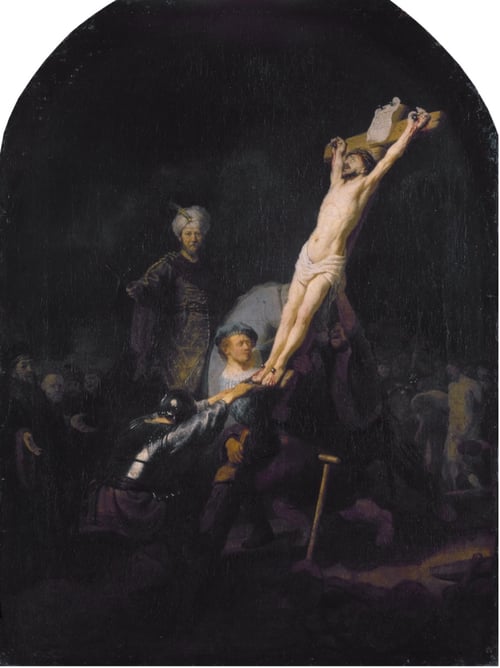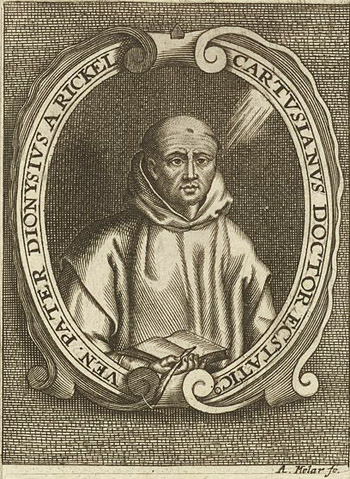Commentary of St. Bede the Venerable: An
exposition of the 1st Epistle of St. Peter, 1, 3, and 2, 9: You are risen with
Christ
Blessed be that God, that Father of our
Lord Jesus Christ, who in his great mercy has begotten us anew, making hope
live in us through the resurrection of Jesus Christ from the dead. We have good reason to
bless God, we who, if treated as we deserved, should have been born only to
die, and who, by his mercy, are born again to live. And that, by the
resurrection of his Son; for he has so loved our life that he has obtained it
for us at the price Of the death of Christ, and, destroying this same death by
his resurrection, he has given us the hope and the first fruits of our own
resurrection. Now Christ is dead we cannot fear death. He has risen from the
dead that we may hope for our own resurrection, through him.
You are a chosen race, a royal priesthood,
a consecrated nation, a people God means to have for himself. This praiseworthy
testimony was first given by Moses to those who at the time were the people of
God, but now it is given to the nations by the Apostle St. Peter: they have
believed in Christ, who like a corner-stone has joined them together, uniting
them to the salvation which was formerly reserved for Israel. The Apostle calls
them a chosen race because of their faith, to distinguish them from those who
rejected the living stone and thus brought about their own rejection. Again he
calls them a royal priesthood, because they are united to the body of
him who is the supreme King and true Priest, giving royalty to his members, as
king, cleansing them from their faults, as priest offering his own blood; this
same name of royal priesthood should also remind them to hope for an eternal
kingdom and recall to them the duty of offering ceaselessly to God the
sacrifice of an irreproachable life. St. Peter also calls the Gentiles a
consecrated nation, a people God means to have for himself; like St. Paul,
who, commenting on Habakkuk’s prophecy: It is faith that brings life to the
man whom I accept as justified: if he shrinks back, he shall win no favor with
me, adds: Not for us to shrink away, and be lost; it is for us to have faith,
and save our souls.
It is yours to proclaim the exploits of the
God who has called you out of darkness into his marvelous light. Just as the Jews,
delivered from the captivity of Egypt, sang to the Lord by the mouth of Moses a
canticle of triumph, when they had crossed the Red Sea and seen the troops of Pharaoh
swallowed up therein, so in our turn should we, who in baptism have received
pardon for our sins, render becoming thanks for these heavenly blessings.
Indeed, the Egyptians, who persecuted the people of God, and whose name
signifies darkness, or misfortune, are a good symbol for the sins which torment
us but which baptism destroys. The deliverance of the Israelites and their
travels to the Promised Land harmonize excellently with the mystery of our
Redemption, because it makes us advance towards the light of the eternal
country, led and guided by the grace of Christ. And this light of grace, too,
is typified in the pillar of smoke and of fire, which throughout their journey,
protected the chosen people from the darkness of the night and led them by a
mysterious route to rest in the Promised Land.




















